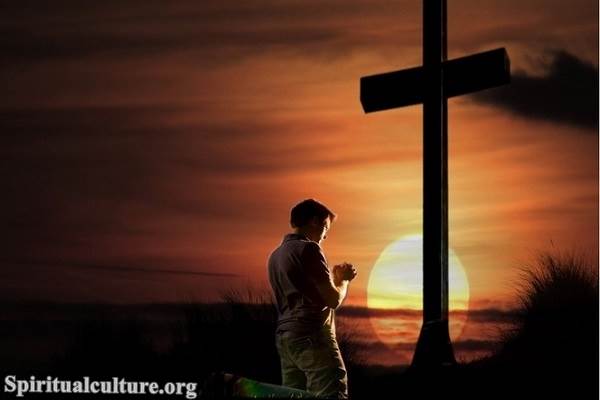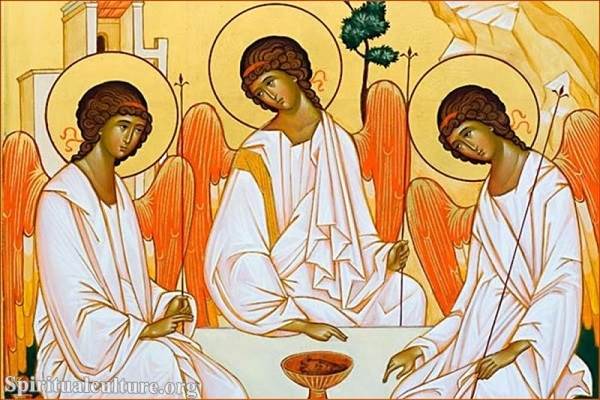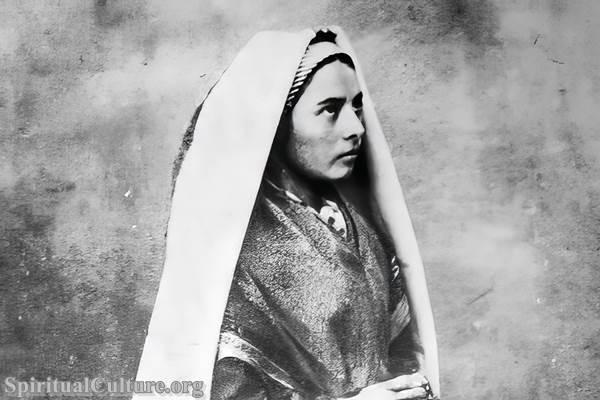Here are some of the key beliefs in Catholicism:
- The belief in one God in Catholicism is based on the monotheistic tradition of Judaism, as well as the teachings of Jesus and the apostles. God is seen as the creator of the universe and all that exists, as well as being all-powerful, all-knowing, and loving.
- The Holy Trinity is a central belief in Catholicism, where there is one God in three persons: The Father, the Son (Jesus Christ), and the Holy Spirit. Each person of the Trinity is equal and co-eternal, but they have distinct roles and functions in the salvation of humanity.
- Catholicism teaches that Jesus Christ is the son of God and that he was both fully human and fully divine. He is believed to have lived a sinless life, and to have died on the cross to atone for the sins of humanity. He rose from the dead on the third day, thus fulfilling scripture and demonstrating his divine power.
- The concept of original sin teaches that all humans are born with a tendency towards sin and separation from God, due to the disobedience of Adam and Eve in the Garden of Eden. Salvation from sin and the path to eternal life is only possible through belief in Jesus Christ and the reception of his grace.
- The sacraments are seen as channels of God’s grace and are considered to be essential for spiritual growth and development in the Catholic faith. The seven sacraments include Baptism, Confirmation, the Eucharist, Penance, Anointing of the Sick, Holy Orders, and Matrimony.
- Catholicism places great importance on the authority of the Pope, who is seen as the Vicar of Christ on Earth and the supreme teacher of the faith. The Magisterium is also seen as having authority in interpreting Church doctrine and safeguarding the teachings of the faith.
- The Communion of Saints is the belief that the faithful, both living and dead, are united in the Body of Christ and can support and intercede for each other. This includes the belief in the intercession of Mary and the saints, as well as the existence of purgatory, a state of purification for those who have died in a state of grace but with unfulfilled penance.
- Catholicism teaches that a life of moral righteousness and good works is essential for spiritual growth and closeness to God. This includes following the Ten Commandments and other moral principles, as well as engaging in acts of charity and service to others.
- The Bible is considered to be the inspired word of God and is seen as the authoritative source of truth for the Catholic faith. It is comprised of the Old and New Testaments and is studied and interpreted in light of Church tradition and the guidance of the Magisterium.
- Catholicism teaches that death is not the end of life, but rather a transition to a new state of existence. The belief in life after death includes the resurrection of the dead, where all will be judged by God according to their deeds, and the eternal reward of heaven or punishment of hell.



